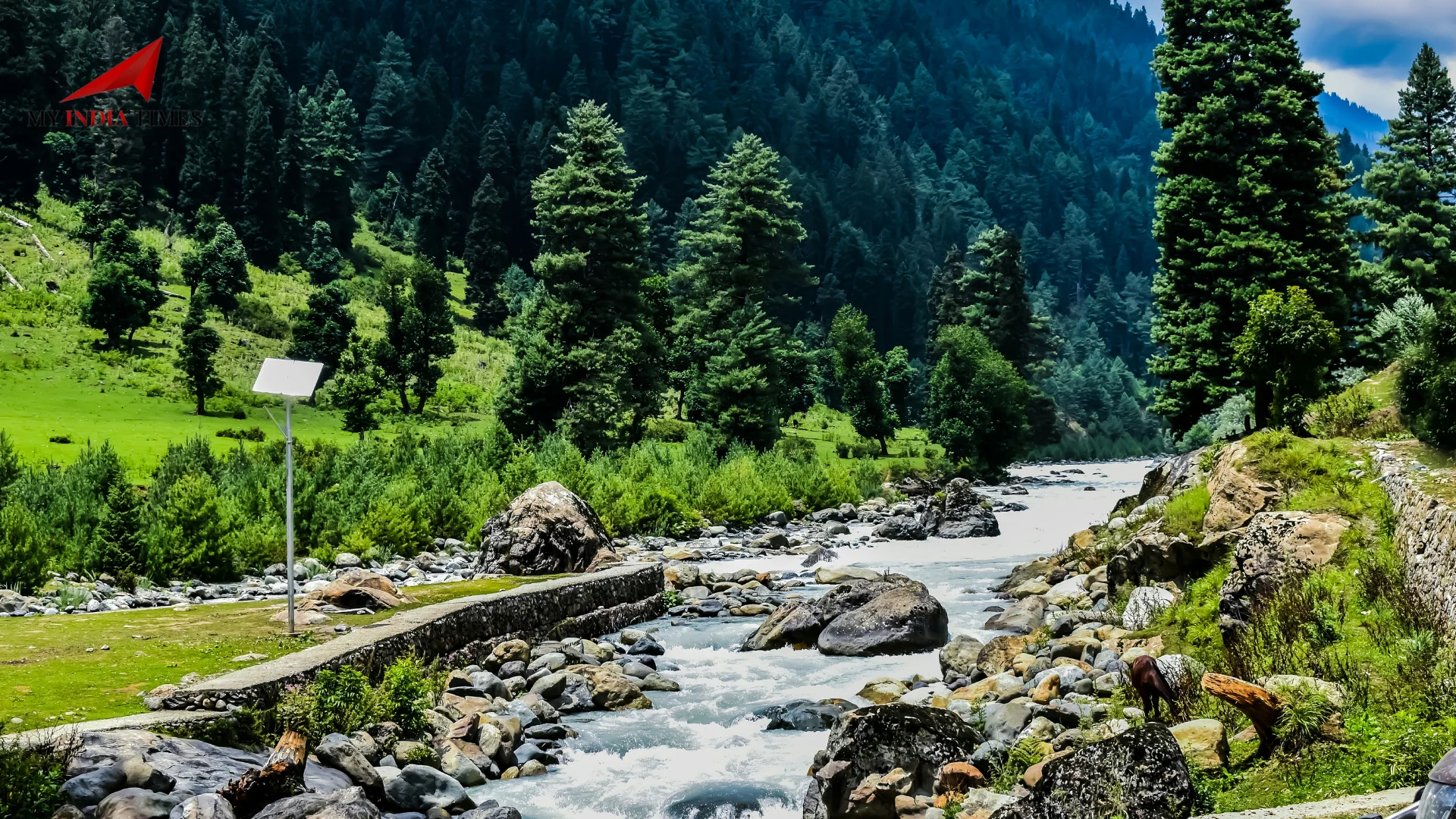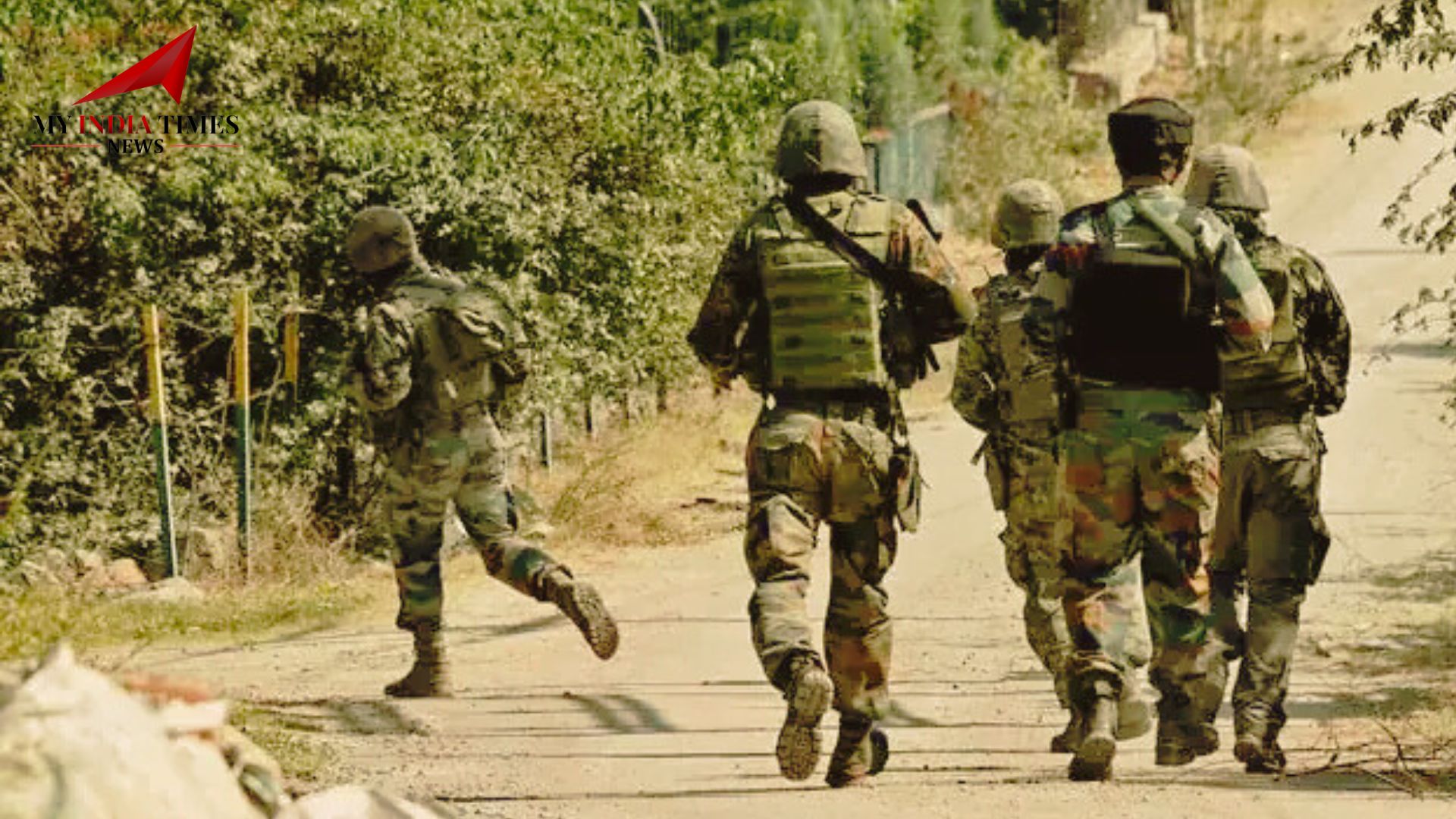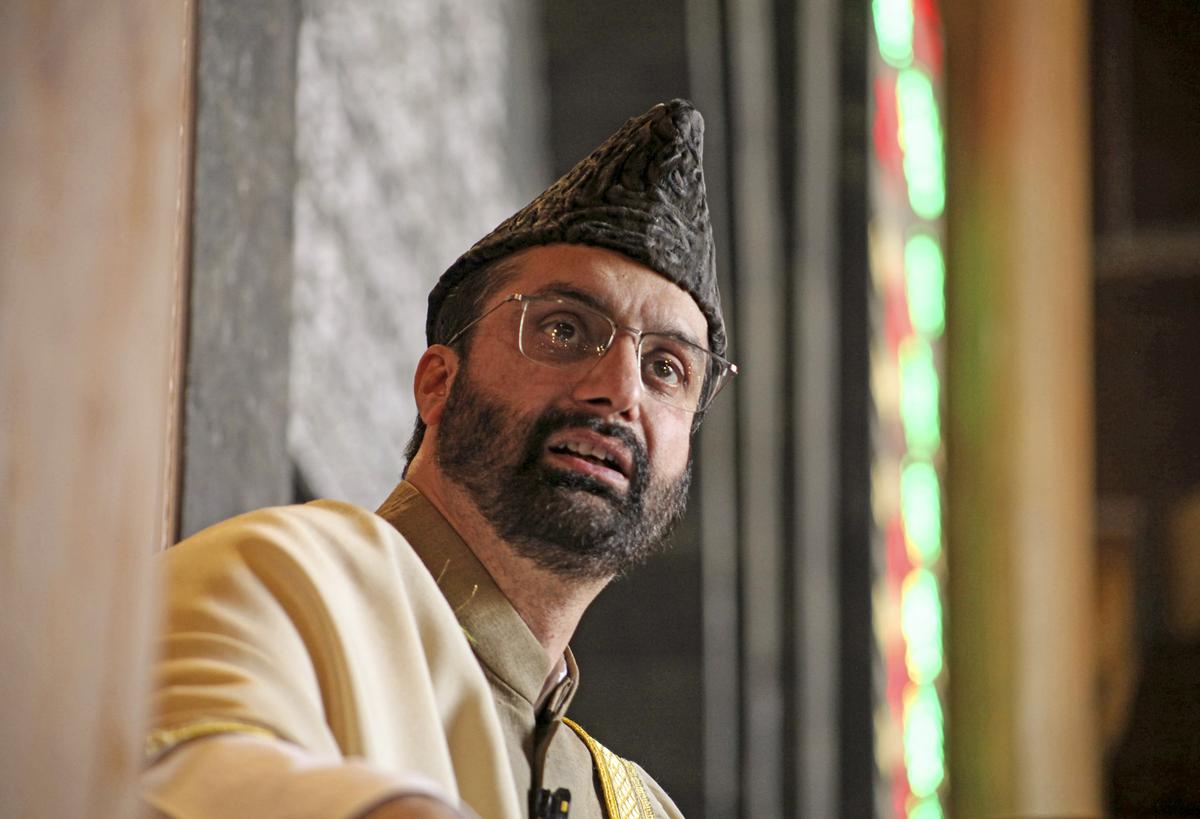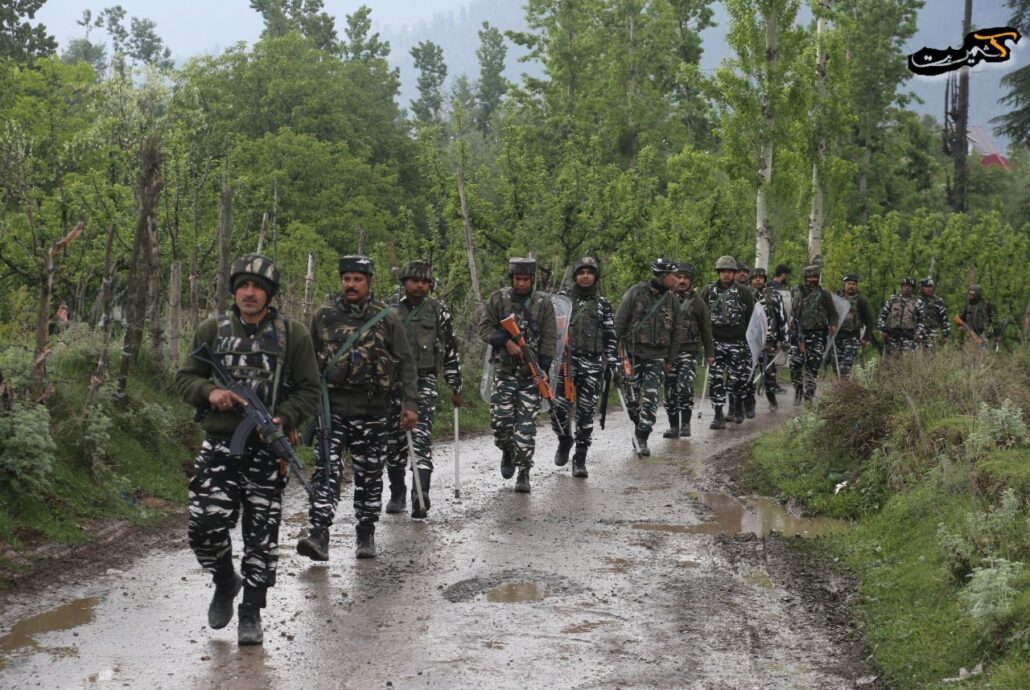Pahalgam Terror Attack: India Bans 16 Pakistani YouTube Channels Spreading Misinformation
The recent terror attack in Pahalgam, Jammu and Kashmir, has deeply shaken the entire country. In a strong and swift response, the Indian government has banned 16 YouTube channels operated from Pakistan. These channels have been accused of spreading misinformation against India, the Indian Army, and national security agencies in the wake of the attack. The Ministry of Information and Broadcasting used its emergency powers under the IT Rules 2021 to block these channels, saying that the spread of false narratives was an attempt to create panic, incite communal hatred, and disrupt public order in India.
Accusations Against the Banned Channels
According to official sources, these YouTube channels were actively engaged in circulating fake news and doctored videos related to the Pahalgam terror attack. They spread false claims about the Indian Army's actions, distorted facts about what's happening in Kashmir, and tried to stir up trouble within India. The government said that the content shared on these platforms could seriously harm India's sovereignty and internal security. With more than 68 crore viewers combined, these channels were seen as a big threat to the country's information environment.
Names of the Banned Channels
The banned channels include prominent names like Dawn News, Geo News, ARY News, Samaa TV, Bol News, The Pakistan Reference, Suno News, and Uzair Cricket. Some individual YouTubers like Shoaib Akhtar and Arzoo Kazmi were also among those whose channels have been restricted for promoting narratives sympathetic to extremist elements. Officials said these channels were deliberately trying to misrepresent facts, glorify terrorists, and create an atmosphere of distrust against Indian forces.
Government’s Official Response
Union Information and Broadcasting Minister Anurag Thakur addressed the media after the ban was announced. He stressed that the government won’t accept any attempts to damage India’s reputation or stir up trouble through fake news. Making sure India’s interests are protected is their main focus, and they believe taking strong action like this is really important to stop those who want to work against the country. The Minister also mentioned that the monitoring of digital platforms will continue aggressively, and any other account found spreading such propaganda will face similar consequences.
Criticism of International Media Coverage
The Indian government’s move was not just restricted to Pakistani platforms. It also raised objections with some international media houses like BBC, Reuters, and Associated Press. India criticized these outlets for their biased reporting, particularly for using terms like “militants” instead of “terrorists” to describe the Pahalgam attackers. Officials said such language downplays the seriousness of terrorism and sends a wrong message internationally. India has formally asked these organizations to ensure responsible reporting in the future, especially when it concerns issues related to terrorism and national security.
Security Measures Stepped Up in Kashmir
Meanwhile, in Kashmir, security measures have been significantly tightened following the Pahalgam attack. The government has deployed additional troops in sensitive areas, intensified patrolling near the Line of Control, and put intelligence agencies on high alert. The National Investigation Agency (NIA) has taken over the case, and early reports suggest that Pakistan-based terror outfits were directly involved in orchestrating the assault. Surveillance has also been strengthened to detect any more misinformation attempts through social media and other platforms.
Political Support for the Government’s Action
Political reactions within India have largely supported the government’s decision. Leaders from both the ruling and opposition parties have acknowledged that fighting terrorism and the spread of fake news requires a united front. Former Jammu and Kashmir Chief Minister Omar Abdullah said that terrorism and misinformation go hand-in-hand, and strong measures like banning such channels are necessary. However, some political voices have also urged the government to ensure that the action remains targeted and does not impact legitimate press freedom.
Impact on India-Pakistan Relations
On the diplomatic front, the already strained relations between India and Pakistan have worsened after this move. India has further downgraded its diplomatic engagement with Pakistan, suspended talks on the Indus Water Treaty, and frozen all cross-border trade and travel. Pakistan, on the other hand, has denied any role in the Pahalgam terror attack and termed the Indian move to ban Pakistani YouTube channels as an attack on free speech. India has rejected these allegations outright, stating that freedom of speech does not extend to spreading lies and promoting terrorism.







